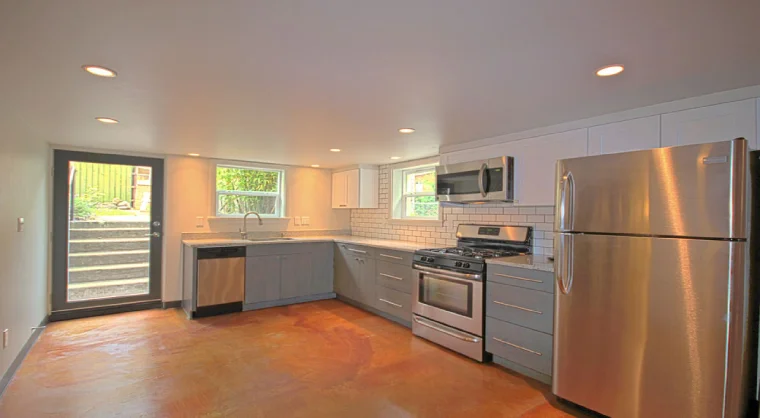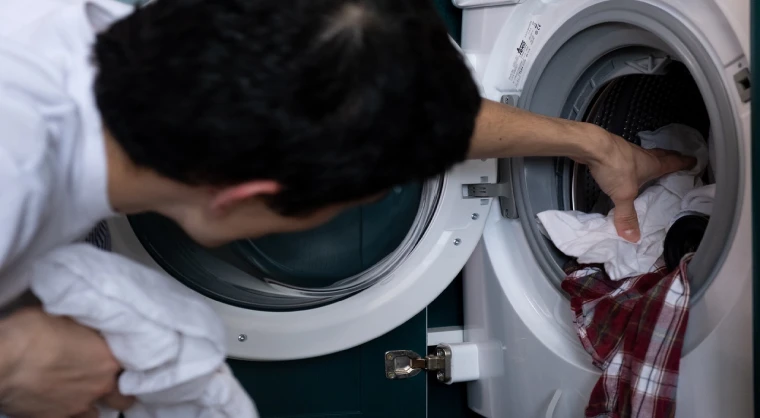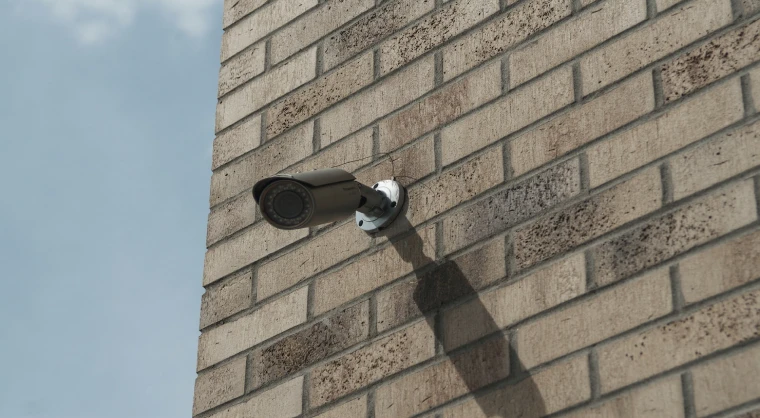Everyone needs a place to hang their hat and sometimes you can’t be too picky about where that place is located. Most people would prefer to live in a single-detached home, but that’s just not possible in the middle of big cities like New York or Dallas. Approximately 17 percent of Americans therefore live in apartments and similar shared residences.
You’d probably prefer to live in a penthouse apartment of even a lovely corner unit with lots of light, but you might have to settle for something belowground. But is living in a basement apartment really as bad as you might think?
Learn about the pros and cons of living in a basement unit as well as some decorating ideas for such an apartment. You might be surprised by how cozy your belowground unit can be after you use the right decorating ideas for a basement apartment.
What are the Pros and Cons of Basement Apartments?

Living in a basement unit has advantages and its disadvantages. Weighing these against the other is crucial when you’re deciding whether to sign a lease or not. While living partially underground may not seem so appealing, there are perks to renting a basement. Here are the biggest pros and cons of renting a basement apartment.
Pros of Belowground Living
- Cheaper Rent
Because manty people would prefer to live in apartments with windows and lots of natural lighting, apartment units below street level are often cheaper to rent. There’s also the misconception that these types of units are less hospitable than aboveground apartments. If you’re living on a tight budget or just looking for a great starter apartment, a basement unit is an ideal and affordable option.
- More Privacy
More windows can mean more places someone can peer into your personal life. A basement dwelling has fewer and smaller windows, meaning you can block the view more easily. These windows are also often reinforced with bars and similar security structures. This helps in protecting your windows from nosy passers-by and possibly even would-be criminals. The walls of belowground units also tend to be thicker and made of stone, ensuring that it’s harder to hear what’s going on in the privacy of your home.
- Easy Accessibility
Not everyone has the stamina to climb up three or four flights of stairs. And anyone trying to haul in large pieces of apartment décor or appliances knows how frustrating living aboveground can be. You won’t encounter these problems when you’re living in a basement unit. You can bring in groceries and other things without wobbling your way up some stairs or fumbling to press and elevator button. These units also have multiple entrances and exits for emergency and everyday purposes.
Cons of Belowground Living
- Legal Matters
Safety and healthy concerns make basement apartments a landmine field of necessary regulations and legal distinctions. For starters, you have to make sure you’re renting a basement and not a cellar. Basements have at least half their height above ground level. They also have large windows and a ceiling height of at least 7 feet. If a room is well below half its height in the ground and has few windows, it’s a cellar, which are illegal to rent out as living spaces. Ensure that any basement dwelling you choose to rent meets legal requirements and safety inspection standards.
- Safety Concerns
There are valid safety concerns when it comes to living in a basement apartment. The conditions belowground can be very different from those above street level. If you live in a city located in a floodplain or near a source of water like a river or stream, flooding is a real concern. The damp conditions can also make your unit the perfect breeding ground for black mold. This is why its important to see these basements for yourself and to make sure they’ve been inspected thoroughly before moving.
- Street Noise
Being so close to the street means you have front row seats to the sound of every truck, motorcycle and car that passes by. Loud pedestrians and construction projects will all sound closer than if you lived in an aboveground unit. If you’re a light sleeper or simply don’t want to be continually barraged by noise, you may want to look into soundproofing ideas for basement apartments. These include putting up shutters around your windows, using heavy drapery to muffle sounds and laying down thick carpeting to diffuse vibrations coming in from outside.
How Do You Decorate a Basement Apartment?

If you do go on to live in a basement apartment, you will need to do a lot of sprucing up so it has your personal sense of style. But a belowground unit also carries its own unique requirements which you will need to keep in mind when picking apartment décor.
Here are some apartment decorating tips you should consider when you move into a basement.
- Mind the Height
Apartment units in basements are legally required to have a height clearance of approximately 7 feet, which can change from state to state. But the reduced height can mean that you need to carefully reconsider the height of all your furniture. If you want to buy a lot of shelves, cabinets and similar storage furniture, you better measure their height to ensure you can fit them into your new unit. If you want to hang anything on the ceiling like light fixtures or decorative lamps, make sure they leave enough clearance for you to move about without hitting them with your head.
- Damp Resistance
Belowground conditions can lead to increased moisture on the walls and the air itself, despite the best construction methods or damp proofing measures. Unless you take this into account when juggling basement apartment ideas, you may end up with furniture that molds up easily or gets warped by the moisture. Invest in furniture that can withstand damp such as those made of plastic or treated wood.
- Consider the Flooring
Most units located belowground won’t have handsome hardwood floors or amazing marble parquet tiling. For practicality’s sake, most of them will only have bare concrete flooring. This can get seriously scuffed by heavy furniture and even crack under very heavy pieces. Such floors can also be very cold, necessitating carpeting if you don’t want your toes to freeze whenever you walk. If your basement dwelling has bare concrete flooring, make sure to report any cracks and similar damage to your landlord immediately for repair.
- Glow it Up
Basement windows tend to be much smaller than those on their aboveground counterparts. What’s more, you may wish to install heavy drapes and similar window dressing to prevent external noise from filtering inside. This is why its important that you invest in plenty of artificial lighting systems. Get plenty of lamps and light fixtures that you can hang about your basement apartment. Other lighting ideas for basement apartments can include stringing up chili lights for a younger vibe or bare lightbulbs on cast iron fixtures for an industrial appeal.
- Storage is King
Most apartment units in basements won’t have the abundance of storage spaces you can find in aboveground units. They may not have as many built-in closets and shelving, which means you’ll have to bring storage space yourself. Invest in furniture that can serve as storage units. For example, choose a living room furniture set where the stools and couches can open up into storage boxes or fold out into a bed. Home organizers like layered caddies, stackable box units and vertical shelving can also optimize your storage situation.
- Size Matters
Just like every apartment unit in a city, you will need to consider the size of your apartment and the footprint, or amount of floorspace, your furniture with consume. Thankfully, apartment décor already tend to be on the small side because designers already know this issue. However, you will need to carefully consider which types of furniture and appliances you choose. If your basement apartment has a small kitchen, do you really need a large dishwasher when you have a working sink? Do you need a full-sized bed when you can have a folding couch-bed? These concessions are important to ensure your apartment isn’t too cluttered.
Basement apartments get a bad reputation, but if you have a trustworthy landlord and a sturdy building, you can enjoy your city life from your belowground dwelling. Simply keep in mind the unique circumstances and factors of living below street level and you’ll have an easier time maintaining and decorating your new basement unit.





